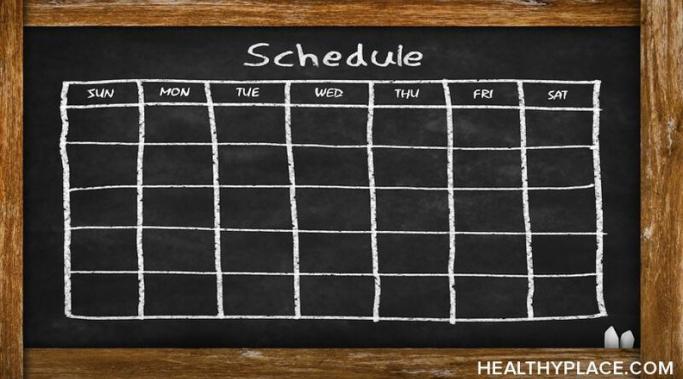Blogs
“You have to take care of yourself in order to take care of your kids.”
We hear it all the time—but do we really listen to it?
Reading some of the comments left here, I don’t think so. I admit I am equally guilty. As parents of mentally ill children, we spend plenty of time talking to therapists and psychiatrists, but very little of that talk involves our own mental health. So often, we find ourselves completely embroiled in our children’s mental illness and treatment, we end up neglecting ourselves.
Why don't joy and serenity keep? No preservatives added? They take manufacturing, and time. It's costly - the emotional equivalent of organic, artisanal goods. And boy, they're a must to be locally produced. Anxiety and depression, however, they pack pretty well. Available in store now.
Clearly, this is one of those comorbid days. I had, honest I had, written some (semi-)coherent posts about theoretically helpful things. Right now I'm too restless and moody to care for how-to tips and things I've been reliably informed by people who've never suffered from an anxiety disorder. Yeah, this is a bit beyond blue. Grr.
No, that isn't a real word. No, I still don't care how totally un-Zen this post is. (Not a word either.)
Bipolar disorder, by its very nature, is not routine. People become manic unexpectedly and people get depressed unexpectedly. And during depression or mania, people become even more erratic in all areas of their lives.
So if bipolar disorder exists outside of a routine, what would happen if routine were applied to bipolar disorder?
I Can't Tell You I Have DID. You Don't Understand.
I no longer hide the fact that I have Dissociative Identity Disorder. The major players in my life know I have DID. When it comes up in conversation, when not mentioning my diagnosis would require lying or warping the truth, I tell people I have DID. It's a new way of living for me and it's teaching me a lot about myself and others. One of the most surprising things I've discovered is that just as there are assumptions about DID in the general public, there are assumptions about the general public in the multiple community. Those assumptions obscure the potential for acceptance and support, and create barriers to understanding dissociative disorders.
Sometimes the worst stress comes from the things that are all too terribly familiar. There are times that anxiety can make even daily tasks seem insurmountable, even though I've done them countless times before. I know it's something I can do, it's just that in that moment it's implausible, nigh on impossible I could do it again.
What makes simple tasks so hard?
Ah myths, we love them, don’t we? Friday the 13th is unlucky, Canadians live in igloos and drinking Coke and eating Pop Rocks will make your stomach explode. (Your stomach might not, but your pancreas is another matter.) People buy into myths all the time. When enough people say them, especially if the people are holding microphones or best-selling books, people assume they must be true.
But as a good friend of mine always says, trust, but verify.
I am a working parent.
Some parents work because they love their work; others because they need the money. I’m a little of both—I don’t love my work, but I value my sanity and indoor plumbing. Without my income, we’d have neither.
Being a working parent is a juggling act under the best circumstances, but when your child has a chronic illness, it’s virtually impossible. Sadly, parents whose children have a psychiatric illness (like my son, Bob, who has bipolar disorder and ADHD) struggle with all of those difficulties--and then some.
Yesterday was a big day for me and my son. He started middle school. I received a painful reminder that I'd be a better mother if I didn't have Dissociative Identity Disorder and the unique memory problems that go with it.
The other night as I sat watching a rom-com on T.V. (no need to display my bad taste in movies by naming the show in question), I enjoyed a good cry. Yes, I said I enjoyed crying. I’m not ashamed to admit that I am a bit of a sap, and that almost all movies from dramas, to chick flicks, and even the occasional Disney movie can bring tears to my eyes. As I’m sure a few other saps who are reading this might tell you, you often feel better after having a good sob. And many studies show that crying may actually be good for your health.
I feel, sometimes, that I am at war with the mentally-well world. This isn’t to say that many of them aren’t lovely or that I have a desire to harm anyone, but I do feel embroiled. And it’s mostly because the well population just doesn’t understand what it is to be unwell. They demonstrate this heartily by repeatedly saying the worst things possible to a person with a mental illness.








